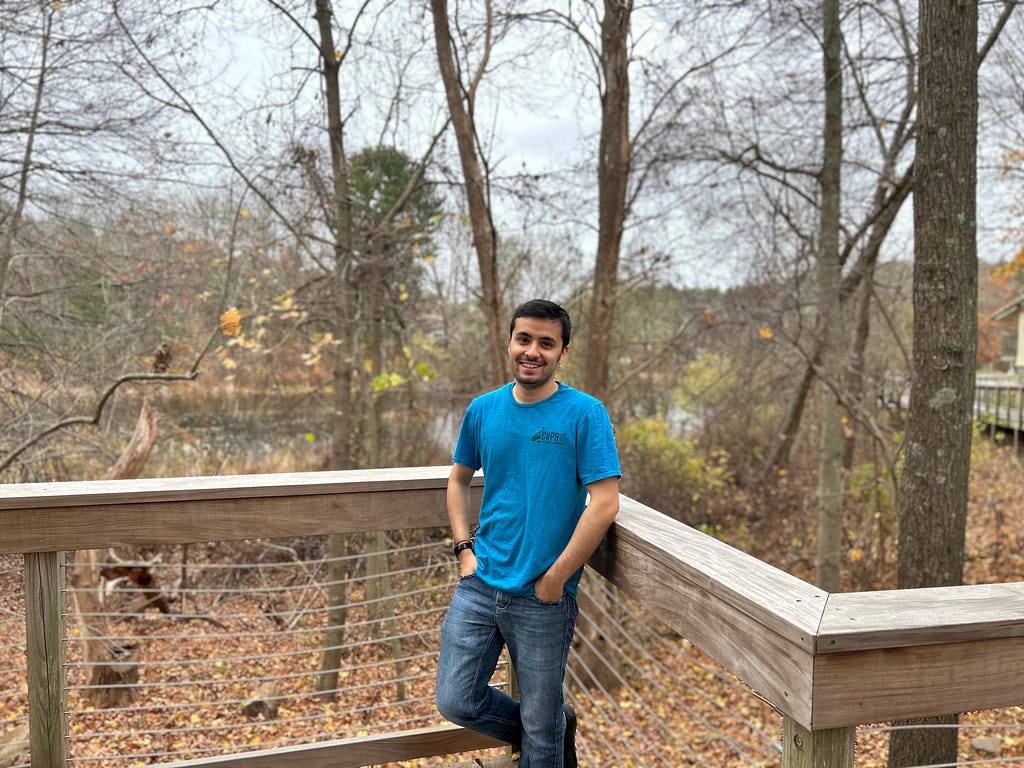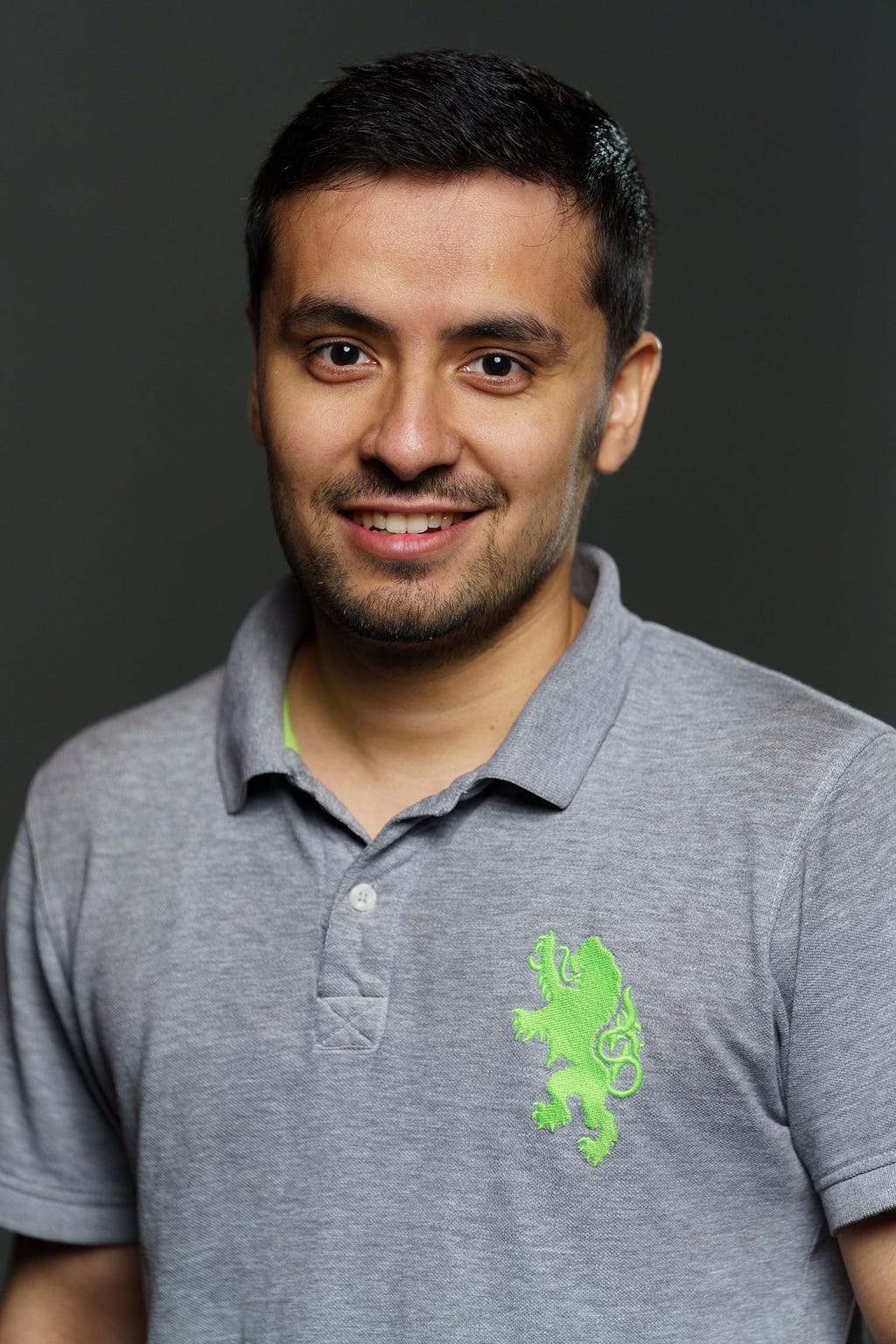Dinkar Juyal, MEng ’19 (IEOR): “I hope to address healthcare challenges by leveraging machine learning.”
On the rise of machine learning, its application to healthcare, and the potential to impact patients worldwide
Having graduated from the Motilal Nehru National Institute of Technology Allahabad with a degree in mechanical engineering, Dinkar Juyal was set for a career in aerospace engineering. However, when the call of machine learning grew louder in the mid-2010s, Dinkar headed to UC Berkeley to answer. Now, with a Master of Engineering in Industrial Engineering & Operations Research (IEOR), Dinkar is working towards using machine learning to positively impact patient outcomes globally. This is his story.
Would you mind telling us a bit about yourself?
I was born in the picturesque valley of Dehradun in the foothills of Himalayas, India. Dehradun is famous for its proximity to nearby hill stations, so a large part of my childhood was spent in nature. My fascination with nature instilled in me a desire to learn more about the intelligence that drives the world around us. This was one of the key factors that drove me towards pursuing science and engineering. I liked Math and Physics in school and chose Mechanical Engineering for my undergraduate degree. After graduating, I worked in the Aerospace industry for some time but then, the whole machine learning (ML) revolution started picking up pace and I just couldn’t ignore it. Fast forward to today, I am a Senior Machine Learning Engineer working on ML research problems to improve patient outcomes at PathAI, a post Series-C AI and healthcare company based in Boston, MA.What led you to apply and join the Berkeley MEng program?
UC Berkeley is one of the top graduate schools in the world for ML, so that was a huge factor. I was also looking for the right balance of theoretical foundations for ML and the software side of it, and IEOR fit the bill perfectly.The MEng program has this unique flavor of combining bite-sized management courses in an otherwise tech-heavy workload, which aligned well with what I wanted to explore.
What in particular interests you about artificial intelligence (AI) in healthcare?
My time in the MEng program was an amazing learning experience and full of surprises! In my final semester, my IEOR batchmates and I worked on an idea related to ML in healthcare within Skydeck, UC Berkeley’s in-house start-up incubator. That experience taught me a ton about the space and the potential ML had to improve our healthcare system. This motivated me to join PathAI, which was a much smaller company back in 2019 than now. PathAI aims to transform the field of pathology with artificial intelligence. Specifically, PathAI is advancing science toward more accurate diagnoses and accelerating the drug development process, which will enable life-saving therapies to reach patients faster by using AI to analyze patient tissue samples. AI/ML is the core of PathAI’s value proposition. As an ML researcher, my job is to make sure that these AI models work well in the real world and help augment the workflow of pathologists. We work at the bleeding edge of Deep Learning for healthcare and publish regularly at top AI and medical venues such as NeurIPS, ICLR, Nature etc.At the end of the day, this direct connection of the work I do to the positive impact it makes on patients worldwide is the biggest driver for me.
What kind of impact do you want to have on the world?
In the past few years, the improvement in AI has been exponential. Software 1.0 stack, where humans wrote the code, was mainly centered around improving economic productivity. Software 2.0, which involves AI/ML, will also play a big role in discovering insights that help us improve our physical and mental well-being. By leveraging software 2.0, I hope to create tools and technologies to address some of the most pertinent challenges of healthcare, such as personalized treatment, early detection of diseases and world-class healthcare access to everyone on the planet.
Dinkar Juyal, MEng ’19 (IEOR): “I hope to address healthcare challenges by leveraging machine… was originally published in Berkeley Master of Engineering on Medium, where people are continuing the conversation by highlighting and responding to this story.


